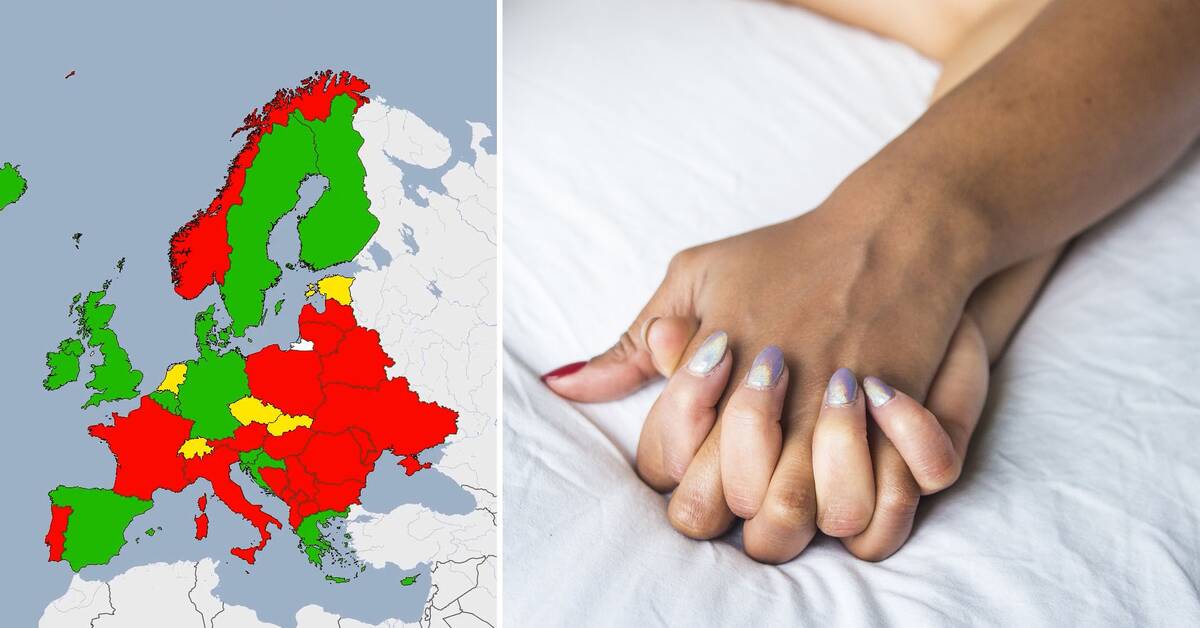Today, 15 European countries have legislation that defines rape as non-consensual sex, according to a compilation from Amnesty. Several countries are also in the pipeline. In the Netherlands and Switzerland, for example, there are bills awaiting a vote.
"The pace has really picked up in recent years," said Anna Błuś, researcher at Amnesty International.
The introduction of the consent laws is mainly a result of campaigning and that more people dare to talk about abuse, according to Anna Błuś.
– The Metoo movement has raised awareness and survivors have been given greater opportunities to tell, including about their experiences of the legal process.
Trying to lift consent in Poland
One country without consent legislation is Poland. Anita Kucharska-Dziedzic, MP for the "New Left", together with other opposition parties, has been trying to raise the issue in parliament for the past two years.
"For an offender in Poland to end up in prison today, it basically requires an aggravated gang rape, the woman must have been subjected to violence," she says.
Anita Kucharska-Dziedzic believes that Sweden has been a source of inspiration. The number of convictions increased sharply when the Swedish Consent Act was introduced and today they have more than doubled.
Public knowledge low
Although consent legislation has not received any official support from Poland's conservative ruling party Law and Justice, Kucharska-Dziedzic feels that the issue is not as ideologically charged as one might think.
"Spain and Ireland have consent legislation. They are Catholic countries and nothing dangerous has happened there, the women are simply safer there.
The difficulty for the advocates of consent in Poland is to create debate at all. So says Polish lawyer Danuta Wawrowska. She has invited to press meetings but so far received little response.
"The public's knowledge of consent legislation is not yet very high. The explanation is simple, public service and the other media channels are strangely not interested in the subject.

